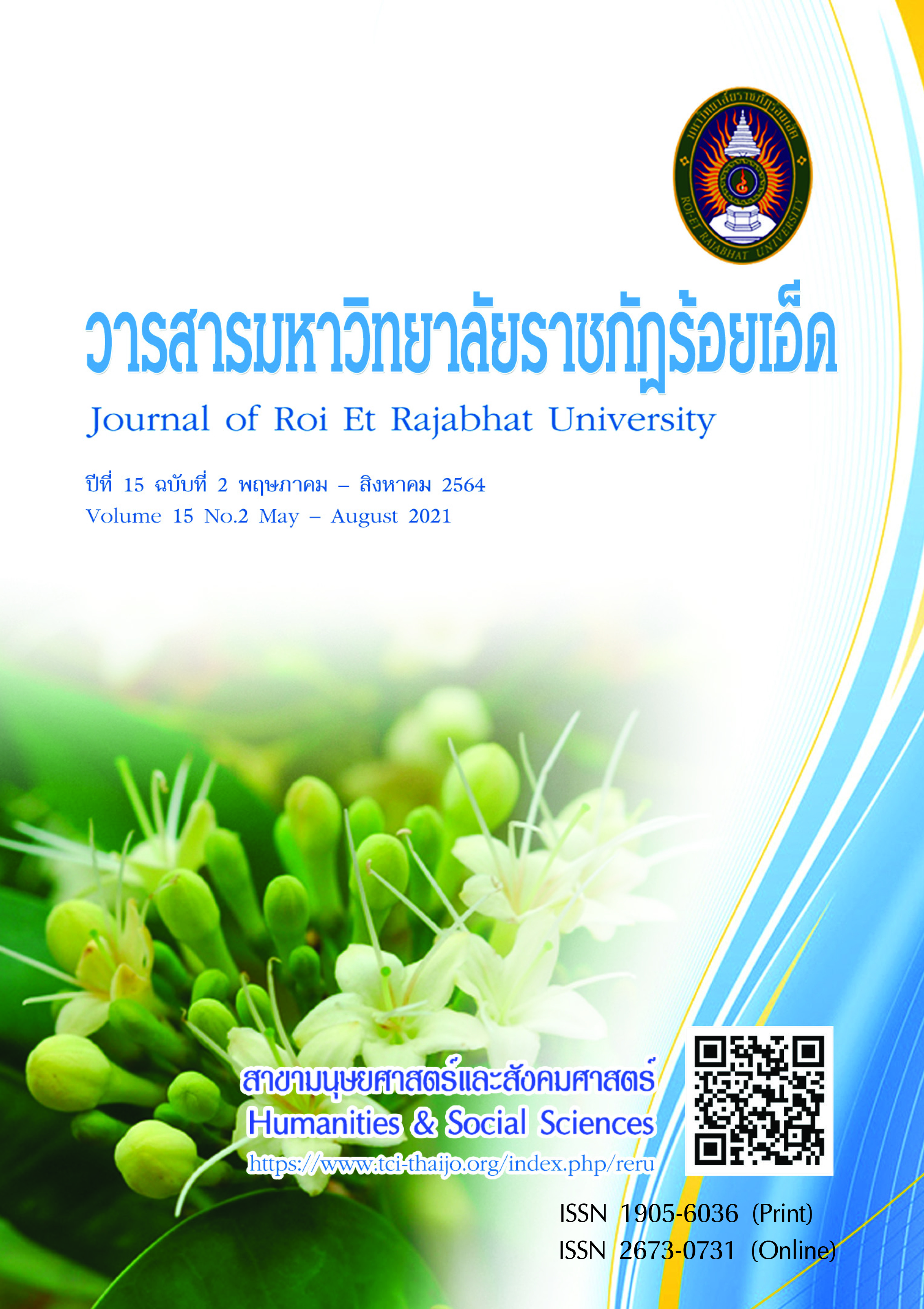Legal Problems on Status of Child Born of Reproductive Technologies
Keywords:
Child Born by medically assisted reproductive technology, Surrogacy unlawful, SurrogacyAbstract
This research studied legal problems on status of child born of reproductive Technologies. The objective of this research was to introduce the existed general law principles to define in the Act. This research was a content analysis. The tools used in the research study were from the condition of the problems, guidelines of court judgments both in Thailand and abroad, textbooks, books, and related research from 2015 to 2018. By analyzing the main study issues, problems in the legal status of children born from illegitimate surrogacy. Regarding the secondary issues, study the children's parental status and children's protection born of reproductive technologies following Section 19, Section 20, Section 21, Section 22, Section 23, and Section 29. The study found that should clearly define the principles in the Child Protection Act born through medical assisted reproduction technology 2015, as Law in England. Study results found that should determine if there is a violation of the constituents, guidelines, legal conditions, or genetic conditions of this Act then the legal status of the child to be born must be the legal child of the surrogate pregnant woman. In addition, it must also impose guidelines that exempt such principles. Not to have the characteristics of carrying merit in favor of sin.
References
จักรกฤษณ์ ควรพจน์. (2558). การผสมเทียมโดยให้หญิงอื่นตั้งครรภ์แทน. รายงานการวิจัยเสนอต่อ สำนักงานคณะกรรมการ
กฤษฎีกา.
จิรทีปต์ โรจนรัตนางกูร. (2556). เทคโนโลยีช่วยการเจริญพันธุ์การโอนเซลล์สืบพันธุ์. วิทยานิพนธ์ นิติศาสตรมหาบัณฑิต
สาขาวิชานิติศาสตร์. กรุงเทพฯ: มหาวิทยาลัยธรรมศาสตร์.
ยศศักดิ์ โกไศยกานนท์. (2555). มาตรการคุ้มครองเด็กที่เกิดโดยอาศัยเทคโนโลยีช่วยการเจริญพันธุ์ทางการแพทย์. กรุงเทพฯ:
มหาวิทยาลัยเกษมบัณฑิต.
ประสพสุข บุญเดช. (2561). มารดารับจ้างตั้งครรภ์. ดุลพาห, 35(1), 16-24.
พลาสินี โยงสมบัติ. (2552). วิเคราะห์ ร่างพระราชบัญญัติคุ้มครองเด็กที่เกิดโดยอาศัยเทคโนโลยีช่วยการเจริญพันธุ์
ทางการแพทย์ พ.ศ. ... . วิทยานิพนธ์ นิติศาสตรมหาบัณฑิต สาขาวิชากฎหมายเอกชน. กรุงเทพฯ:
มหาวิทยาลัยธรรมศาสตร์.
แสวง บุญเฉลิมวิภาส และดาราพร ถิระวัฒน์. (2558). ประเด็นและข้อเสนอแนะทางกฎหมายและจริยธรรมเกี่ยวกับการใช้
เทคโนโลยีช่วยการเจริญพันธุ์. วารสารมหาวิทยาลัยธุรกิจบัณฑิตย์, 52(2),1-22.
วิฑูรย์ อึ้งประพันธ์. (2531). การผสมเทียมกับกฎหมาย. วารสารบทบัณฑิตย์, 44(2), 54-67.
Kate, S. and Paula, D. (2013). Family Law. London: Palgrave Macmillan.
Downloads
Published
How to Cite
Issue
Section
License
บทความที่ได้รับการตีพิมพ์เป็นลิขสิทธิ์ของวารสารมหาวิทยาลัยราชภัฎร้อยเอ็ด
ข้อความที่ปรากฏในบทความแต่ละเรื่องในวารสารวิชาการเล่มนี้เป็นความคิดเห็นส่วนตัวของผู้เขียนแต่ละท่านไม่เกี่ยวข้องกับมหาวิทยาลัยราชภัฎร้อยเอ็ด และคณาจารย์ท่านอื่นๆในมหาวิทยาลัยฯ แต่อย่างใด ความรับผิดชอบองค์ประกอบทั้งหมดของบทความแต่ละเรื่องเป็นของผู้เขียนแต่ละท่าน หากมีความผิดพลาดใดๆ ผู้เขียนแต่ละท่านจะรับผิดชอบบทความของตนเองแต่ผู้เดียว





